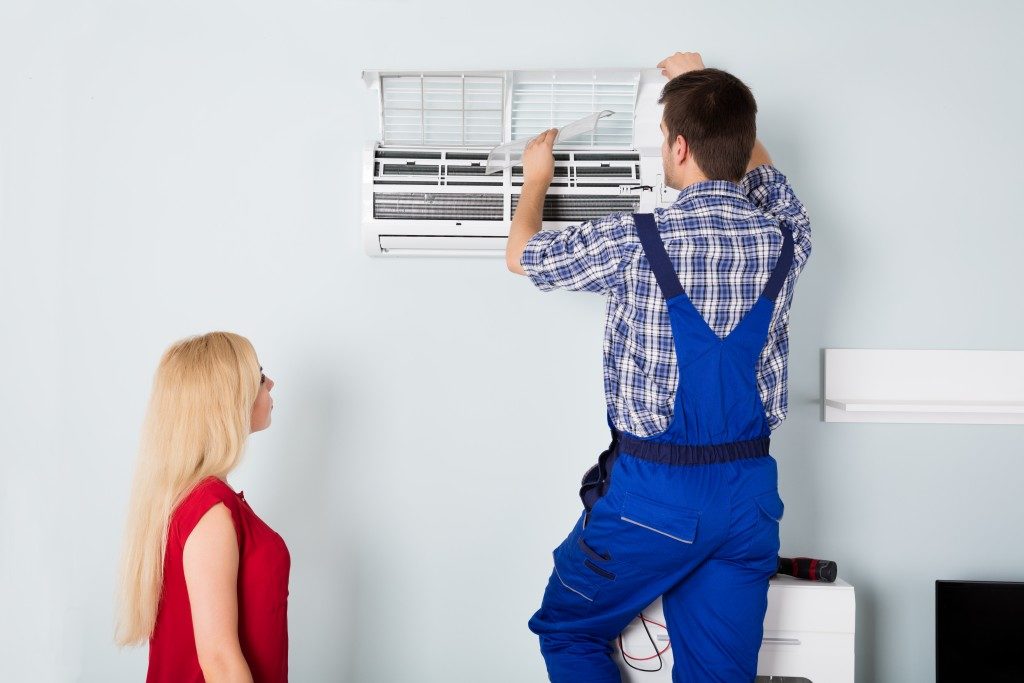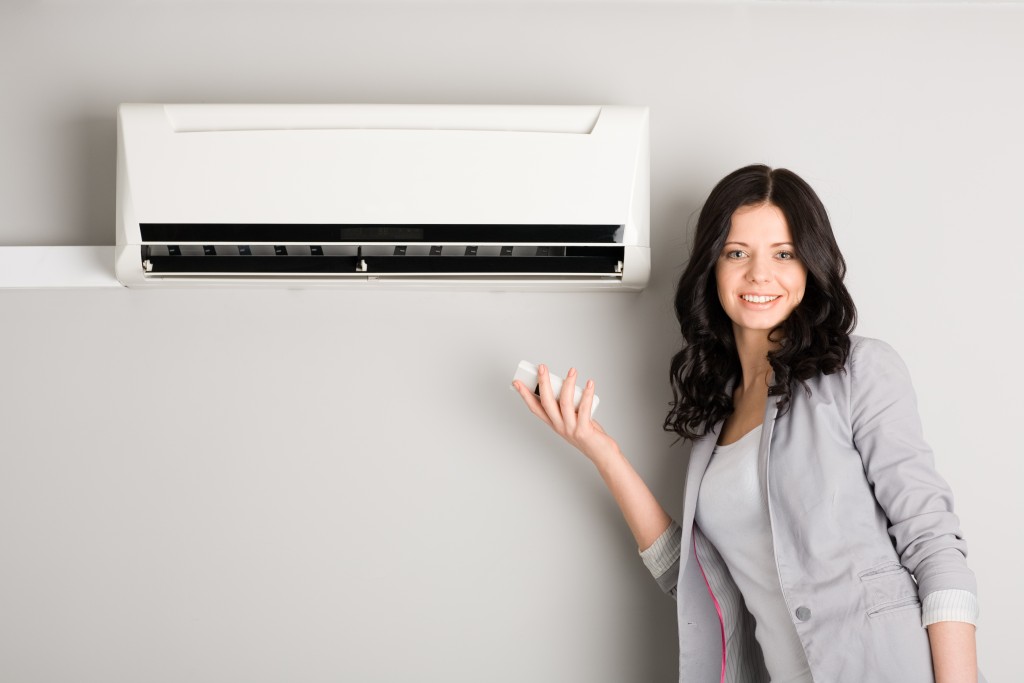What would be the first image that would flash in your mind after hearing the word air pollution? It will probably be of an image of the sky covered with smoke or something similar to that. But what’s more frightening is the low indoor air quality that no one really talks about. Research states that indoor air pollution can be equally or even more dangerous and hazardous than outdoor pollution.
Due to advancements in human activities such as deforestation, fuel consumption, transportation, electric consumption, and more, the indoor air quality deteriorates with every passing day. But that’s nothing to worry about as you can take control in your hands to improve air quality inside your house. Here’s a list of the best and most effective ways to enhance indoor air quality.
Enhance ventilation
Ventilation reduces the concentration of indoor air pollutants by bringing in some fresh outdoor air. However, there are chances that you might end up bringing in outdoor pollutants too. Hence, the best time for increasing ventilation is during the non-peak hours, which are morning or late evening hours. There are multiple ways to enhance ventilation at your home. Some of these include:
- Natural ventilation by opening windows.
- Mechanical ventilation by using Heating, Ventilation, and Air Conditioning (HVAC) systems to bring in fresh outdoor air through ducts.
- By infiltration caused due to air breezing in through cracks and openings in the entire house.
HVAC systems provided by companies such as RayMoore Heating & Cooling are beneficial for ventilation. However, if their ducts are installed inappropriately, they will transfer pollution from one room to another and from outdoors to indoors. Hence, you must have a regular check on your HVAC and other air ducts to ensure a clean air supply.
Clean AC filters regularly
 While Air Conditioners (AC) are busy giving you a pleasant cooling temperature all around the year, they also end up catching pollutants in their filters. Thus, even AC filters require regular cleaning. Cleaning the filters will give you multiple benefits. Firstly, the deterioration of the AC functions caused by the pollutants can be prevented by cleaning them. Another advantage is that when you clean up the filters, they are ready to catch some more pollutants resulting in fresher and unpolluted air.
While Air Conditioners (AC) are busy giving you a pleasant cooling temperature all around the year, they also end up catching pollutants in their filters. Thus, even AC filters require regular cleaning. Cleaning the filters will give you multiple benefits. Firstly, the deterioration of the AC functions caused by the pollutants can be prevented by cleaning them. Another advantage is that when you clean up the filters, they are ready to catch some more pollutants resulting in fresher and unpolluted air.
Control humidity
Molds that can cause several respiratory allergies and health conditions love humidity. Humidity can increase quickly, especially during the summer due to hot air breezing inside the house. Maintaining the humidity level to around 30% to 35% can help prevent mold growth in your home. Consider investing in a dehumidifier or an AC (if you don’t have one) to keep your indoor dry and maintain humidity.
Another way to dehumidify your house is by having some indoor plants. Plants are like natural air purifiers. They will catch up with the pollutants and extra moisture in your house, leading to decreased humidity levels. Some of the best indoor plants that can help control humidity includes Bamboo palm, English ivy, Gerbera daisy, and Janet Craig Dracaena.
Inspect building furniture
Do you know that new furniture can cause indoor air pollution? The paint and coatings on new furniture emit volatile organic compounds (VOCs) in the air. If you think that VOC is nice as it has the word organic, you are wrong. VOCs are harmful chemicals that are released as gases into the air when furniture turns old. However, not all furniture emit VOCs. Some furniture products are manufactured, keeping greenery and sustainability at the core. Hence, it is essential to check your building furniture and other coated stuff to prevent increased indoor air pollution.
Keep your house clean
Keeping your house clean will eliminate any pollutants residing on the walls, floors, and house mats. While walls and floors mostly hold the contaminants that are already present indoors, mats can catch the ones coming from the outdoors through yours and your visitors’ feet.
Avoid indoor smoking
Cigarettes and Cigars contain toxic tobacco and several other harmful chemicals. Therefore, smoking in the house can be dangerous as you will be releasing hundreds of harmful chemicals into the air around your house. Considering the effects of smoking in enclosed places, several countries have made it illegal. Hence, it makes sense to keep your home a smoke-free zone.
Pollutants in indoor air can lead to several health conditions such as lung cancer, stroke, and COPD (chronic obstructive pulmonary disease), causing discomfort and trouble. Around 4 billion people die annually due to low household air quality, says WHO. Hence, it is of utmost importance to take all the possible preventive measures to improve indoor air quality.

